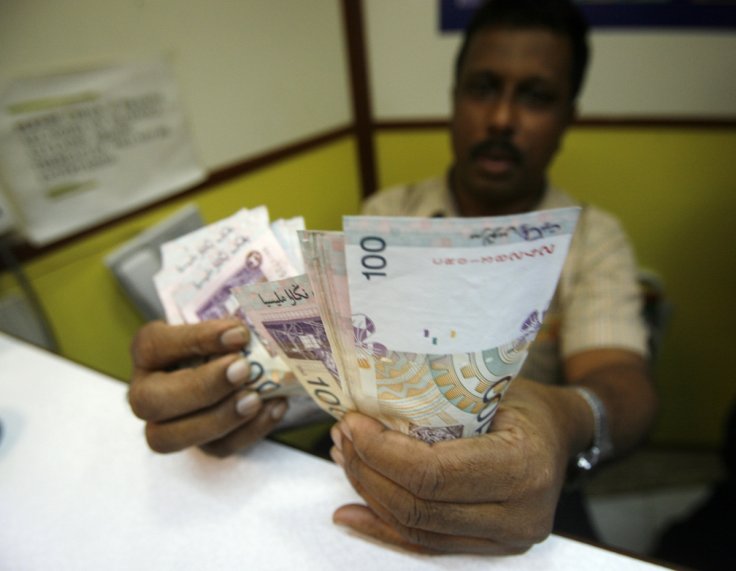
Millions of people around the world are locked up inside their homes, hospitals, hotels and in purpose-built quarantine centers. In fact, quarantine is the first thing you'll be sent to if you travel from one country to another, or if you show up with symptoms of COVID-19. But have you ever heard of money being sent into quarantine? Well that's what Saudi Arabia seems to be doing with its banknotes.
According to local media reports, the Saudi Arabian Monetary Authority (SAMA), which takes care of the kingdom's monetary affairs, will "quarantine" all banknotes and coins that it receives from local and international sources as a precautionary measure to prevent coronavirus from spreading.
Saudi Arabia Quarantines Banknotes
The authority released a statement saying that all currency, along with electronic payment tools, are considered possible carriers of the virus through which the virus can be passed on. Therefore, it will isolate Saudi riyals and coins in sealed units from 14 to 20 days depending on where the cash came before putting them back into circulation. The cash regulator will also take additional steps to further reduce health risks.
"Banknotes and coins will undergo a special treatment mechanism to ensure they are safe to use," SAMA said in a statement.
Bad Notes Will be Destroyed
The statement said that the notes and coins will be automatically sorted by specialized machines in accordance with the authority's stringent quality standards. All dirty and unfit noted will be destroyed immediately.
The treated notes and coins will then be stored in SAMA's treasury and will be dispatched to banks upon request. That way the banknotes and coins will be held for longer in isolation, thus minimizing the threat further.
No Effect on Cash Flow
Saudi economist and financial analyst Talat Zaki Hafiz said the measure will not affect the regular cash flow in the local monetary markets. He acknowledged the authority's decades of experience suggesting they it acts in accordance with its calculations.
"There is a careful balance between the isolation period for the banknotes, the amount of isolated cash and the amount the local monetary system and markets need, also taking into consideration the cash availability in its treasury," he said.
Isolation of Banknotes Not Unusual
The decision to quarantine the currency is not something very unusual, according to Hafiz who said that such isolation procedures frequently take place during similar health crises.
"Ensuring the safety of banknotes and following a treatment mechanism is a norm at the monetary authority and various banks."
SAMA said that it will continue to track the pandemic and its effects on the banking and finance sectors and assured that it will continue to provide all necessary support to help maintain the integrity and stability of the financial sector.
The World Health Organization (WHO) had earlier said that banknotes could spread COVID-19 but dismissed the claim later. However, it suggested people use e-payment and contactless payment options to be on the safer side.









